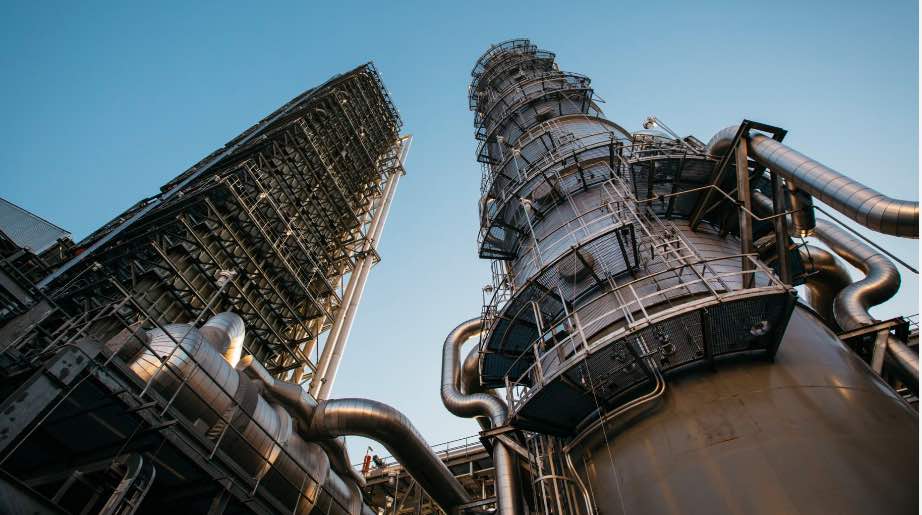The last carbon capture and storage (CCS) coal plant in the United States, the Texas-based Petra Nova, will shut down indefinitely from June after operators deemed it no longer economic.
Petra Nova, which captures carbon dioxide emissions and stores them under ground, has been a beacon of hope for the coal industry, which saw it as an example of how carbon-heavy fossil fuel could continue to play a role in a decarbonised world.
The Petra Nova plant, though, was hardly climate friendly. The CO2 that it captured was piped 82 miles away to an oil field, where it was pumped underground. The gas displaced oil, which the operators, a joint venture of NRG Energy and Japan’s JX Nippon, then extracted and sold.
This was necessary to make the expensive CCS technology, which already received huge government subsidies, economic. But in May, as the price of oil plummeted, NRG Energy announced it was mothballing the CCS plant because it was no longer making enough money.
Another anti-green quirk of the CCS equipment is that it was powered by gas. In May NRG Energy said it would keep the gas plant open to provide instantly dispatchable support to the electricity grid. But in late January it deemed this operation uneconomic, and informed the Texas grid operator it would shut it down indefinitely from June. From that date, the entire plant will cease to operate.
Reuters reports NRG Energy said it would reserve the option of reopening the gas plant if the CCS technology was every revived.
CCS technology is supported by the Australian federal government and played a central role in Energy Minister Angus Taylor’s Low Emissions Technology Statement last September. The CSIRO continues to conduct research on CCS technology.
But the technology remains expensive and niche, capturing only 39 megatonnes of carbon dioxide per year, or around 0.1 per cent of global emissions, according to a report published last month by Friends of the Earth Scotland and Global Witness.
Charlie Richardson, head of utilities at Accenture, said CCS was simply not economic. “Disassociate yourself from all emotion or all political motivations or economic motivations behind it. Simply put, the science has not proven itself out with a lot of money and a lot of investment. Not to say that should be a stopping point, but as of right now it has not proven viable,” he said.
Still, the Intergovernmental Panel on Climate Change says CCS should play a part in decarbonisation, particularly with bioenergy (BECCS). The European Union, which leads global efforts on emissions reduction, continues to fund research and development on the technology.










